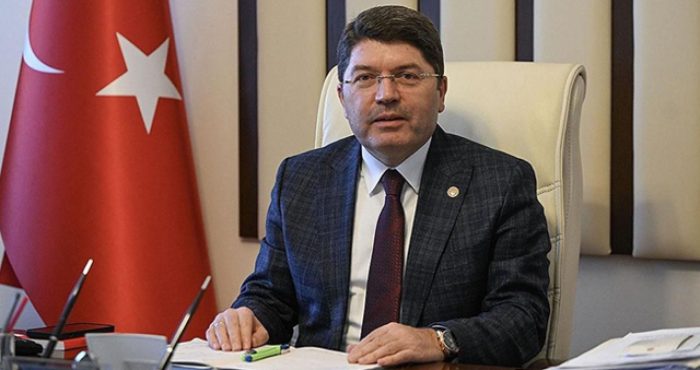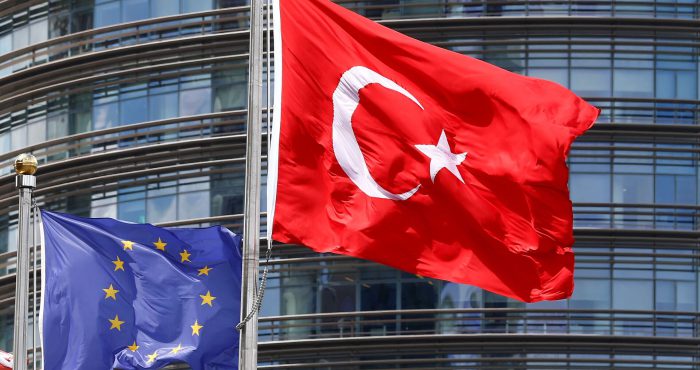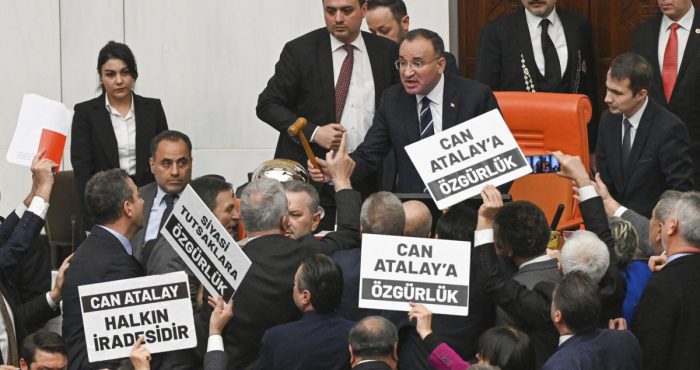Since the termination of the military administration upon the adoption of the 1982 Constitutional Law, Turkey has moved steadily towards democratisation, and from time to time various non-governmental organisations have proposed democratisation packages. The most comprehensive and much-debated package is undoubtedly that published by TÜSİAD in 1997. As stated in the report, one of the fundamental areas of Turkey’s development towards democratisation is the issue of the protection of basic freedoms and rights, especially freedom of expression. Turkish society is concerned about the efficiency of the Judiciary, playing a key role and function thereon, in protecting fundamental rights, inter alia. These concerns have further increased and grown stronger as a result of precautions taken following the prevention of the “December 17 – 25th” attempt to overthrow the government with the help of the Judiciary and, later, following the prevention of the “July 15th” attempted armed military coup. These concerns have been uttered more loudly in the international community which does not fully understand the extent to which FETO has penetrated the state and its institutions, as well as Turkey more generally. The local community, however, is more aware of such threat. On one hand, Turkish society feels proud of demonstrating its loyalty to democracy by suppressing the attempted coups, but on the other hand is anxious about being associated with coup plotters and being victims of judicial errors. This is in part due to the Judiciary’s inability to adequately reassure the community. Particularly in cases where a crime has been committed, disproportionately issued arrest warrants have paved the way for the community to self-censor itself, thus undermining freedom of expression, especially in an environment of concern fed by the common criticism for this practice.
Members of our society cannot be sure that their individual rights and freedoms will be protected and believe that the Judiciary fails to perform its duty to maintain the supremacy of law against the Executive and civil servants. It is widely believed that their motive of protecting their own privileges (granted to them solely by to their duties) and of overruling and judging the community has already averted their duty to establish justice. Further, the public believes that members of the Judiciary fail to perform their duties thoroughly, and cannot act neutrally or independently. They are in a fright and generally fail to fulfil their duties to the people who are unable to hold them to account. On the contrary, they are making use of and from time to time abuse the powers and privileges afforded to them by their position, and for all these reasons, the public holds a grudge against the Judiciary in general. The judge and the prosecutor’s office are not respected by the community but feared for the powers they wield, while legal advisors and attorneys are seen as professionals; untrustworthy on one side, but indispensable on the other, thus leading to overall mixed feelings.
Under these circumstances, public opinion is cognisant of the fact that the Judiciary has become the highest priority problem of our country, and the public desires an independent, unbiased and efficient, but simultaneously accountable Judiciary.
Accordingly, Turkey’s two fundamental problems, the Judiciary and accountability are hot topics in the form of an interwoven, but tangled web. An independent and neutral Judiciary is imperative for accountability, and accountability is a major condition of an independent and neutral Judiciary.
In an environment where the Judiciary is believed to have failed, a lack of any legal remedy for the decisions of the YSK (Supreme Electoral Council) which made the referendum results controversial and equivocal, and the complaints thereon overlapping with the statements made by international supervisory agencies and institutions, have abused the trust in the supremacy of electoral law.
Making amendments to the legislative instruments of the YSK which are agreed upon by segments of the population having used the “Nay” vote in the referendum is imperative for regaining trust. Otherwise, the legitimacy of all subsequent elections will inevitably be contentious. This danger which may in turn lead to serious and deep disintegrations in the community must be prevented at all costs.
Another factor strengthening the concerns and preconceived opinions of the public is the judicial chaos emerging in legal proceedings with respect to the MHP (Nationalist Movement Party).
The referendum process started with ongoing judicial chaos regarding the party administration of the MHP. At the first stage, the opposition group emerging in the MHP organised a congress as a result of legal proceedings and amended the bylaw of the party. Then, said bylaw amendments were suspended by an interlocutory injunction issued in a further legal proceedings, but the Constitutional amendment and referendum process had already begun before the completion of the pending legal proceedings.
In the referendum, the MHP’s administration developed an “Aye” vote attitude, while opposition groups decided to use the “Nay” vote, and therefore, the party’s grassroots have become divided over which path to follow in the referendum. Failure to quickly and efficiently conclude the pending legal proceedings has also impacted this division.
It is the MHP party’s natural right, as a significant political party in Turkey, to develop an attitude as deemed fit and in the interests of our country. Therefore, it is also important for our country to make sure that the will of the party as a whole is determined clearly without any confusion amongst the grassroots. But the delay in the completion of the legal proceedings has adversely impacted politics.




